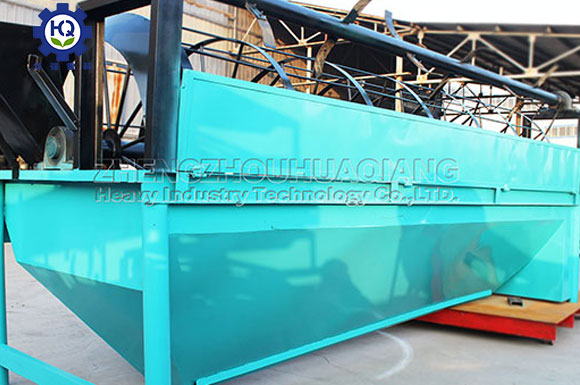
In organic fertilizer production, screener machines play a vital role. They effectively separate raw materials by particle size, ensuring final product quality and consistency. Here are their specific applications in organic fertilizer production lines:
1. Raw Material Screening
Production materials like livestock manure and crop straw often contain various-sized particles. Screening machines grade these materials, removing large impurities and incompletely decomposed substances to ensure smooth subsequent processing.
2. Finished Product Grading
After production completion, screener machines categorize finished fertilizers into different particle size groups according to market demands. This meets diverse customer needs and enhances market competitiveness.
3. Efficiency Improvement
These machines enable continuous, high-efficiency production. Their automated operation reduces manual labor, lowers work intensity, while boosting productivity and product quality.

4. Environmental Benefits
Screening processes effectively reduce dust and noise pollution, improving working conditions. Precise separation also improves fertilizer utilization rates and minimizes waste, delivering clear environmental advantages.
5. Easy Maintenance
Modern fertilizer screener machines feature simple structures and user-friendly maintenance. For example, rotary drum screens use modular mesh components that are quick and easy to replace, reducing maintenance costs.
6. Material Adaptability
These machines handle various materials including damp or clog-prone substances. Rotary drum screens work particularly well with moisture-rich materials like fertilizers, coal, coke, and lime.
In summary, fertilizer screener machines boost production efficiency and product quality while delivering environmental and economic benefits. With technological advancements, their performance and functionality keep improving, providing strong support for organic fertilizer industry development.